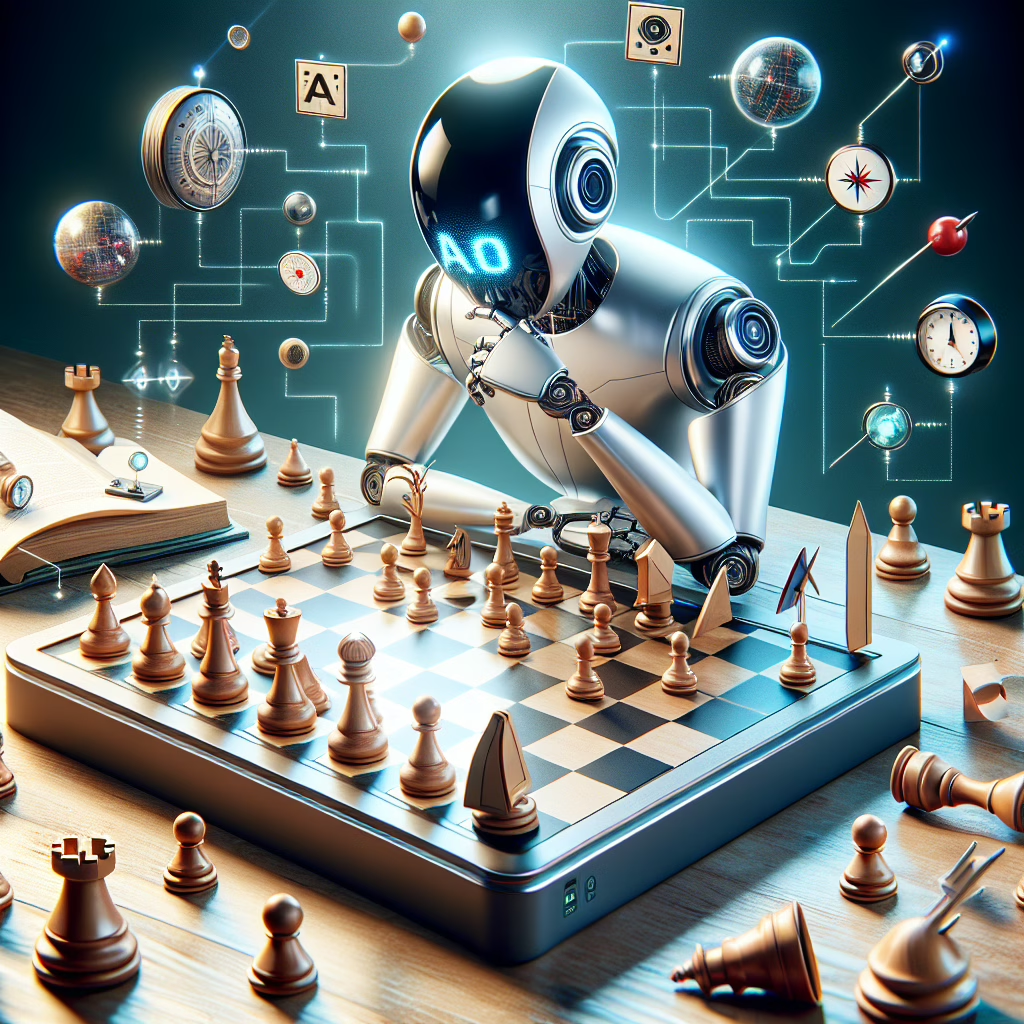Welcome to the fascinating world of AI agents and game theory, where algorithms and strategies tango in a dance of logic and unpredictability. Thanks to brilliant minds like Zico Kolter, we now have a front-row seat to observe how these digital wizards are reshaping our understanding of competition, cooperation, and what it truly means to play nice in an increasingly automated playground.
The Magic of AI Agents in Game Theory
Imagine a world where your coffee machine knows not only how you take your morning brew but also how to negotiate the best price for coffee beans. Enter AI agents! These little digital critters are designed to make decisions based on game theory principles, which might sound like a fancy term for “let’s see who can outsmart whom,” but it’s so much more.
Game theory, at its core, studies how players (that’s us!) make choices in strategic situations. Zico Kolter has been diving deep into this field, showcasing how AI agents can learn from their environments and adapt their strategies accordingly. It’s akin to watching a toddler learn to play hide and seek—only with fewer tears and more algorithms.
From Strategy Games to Real-World Applications
So why should we care about AI agents mastering game theory? Well, it turns out that these concepts stretch far beyond board games and video games. They influence everything from economic models to social interactions. Imagine you’re at a party (remember those?), trying to decide whether to join the karaoke session or stay seated with your drink. Your decision-making process could be analyzed through game theory principles—who knows, maybe your choice will impact the next round of drinks!
Kolter’s research emphasizes creating AI agents that can predict human behavior while considering what those humans might do in response. This is akin to playing chess against someone who not only knows the rules but also reads your mind—or at least tries to!
The Power of Predictive Modeling
One of the exciting aspects of Kolter’s work is developing predictive models that help AI agents understand potential outcomes based on various strategies. This is similar to how you might predict your friend’s reaction if you suggested pineapple on pizza—some things are just universally understood.
In practical terms, this predictive power can lead to more efficient systems across various industries—from finance to healthcare. For instance, imagine AI agents optimizing supply chains by predicting demand spikes or helping doctors understand patient outcomes better. It’s a win-win scenario for everyone involved—except maybe for those who still believe pineapple has no place on pizza!
The Future: AI Agents as Collaborative Partners
Looking ahead, Kolter envisions a future where AI agents don’t just act as solitary strategists but as collaborative partners. Think of them as your personal assistants who not only remind you of deadlines but also help negotiate better deals on your behalf—like having a tiny lawyer in your pocket! This collaboration could revolutionize industries by enabling humans and machines to work together seamlessly.
The ultimate goal? To create AI agents that understand complex human emotions and social dynamics—not an easy task! But if anyone can do it, it’s researchers like Kolter who blend computer science with a healthy dose of game theory wisdom.
A Lighthearted Conclusion
In conclusion, Zico Kolter’s exploration of AI agents within the framework of game theory is paving the way for an exciting future where technology understands our quirks just a bit better. As these intelligent systems become integrated into our daily lives, they may even help us make better decisions—like avoiding that karaoke session if you’re feeling shy!
If you find this intersection of technology and strategy as intriguing as I do, let me know your thoughts! Do you think AI will ever truly understand human emotions? Will it negotiate better than your cousin during family gatherings? Let’s chat in the comments below!
A huge thank you to Wired for the original article that sparked this joyful exploration into the world of AI agents and game theory.

